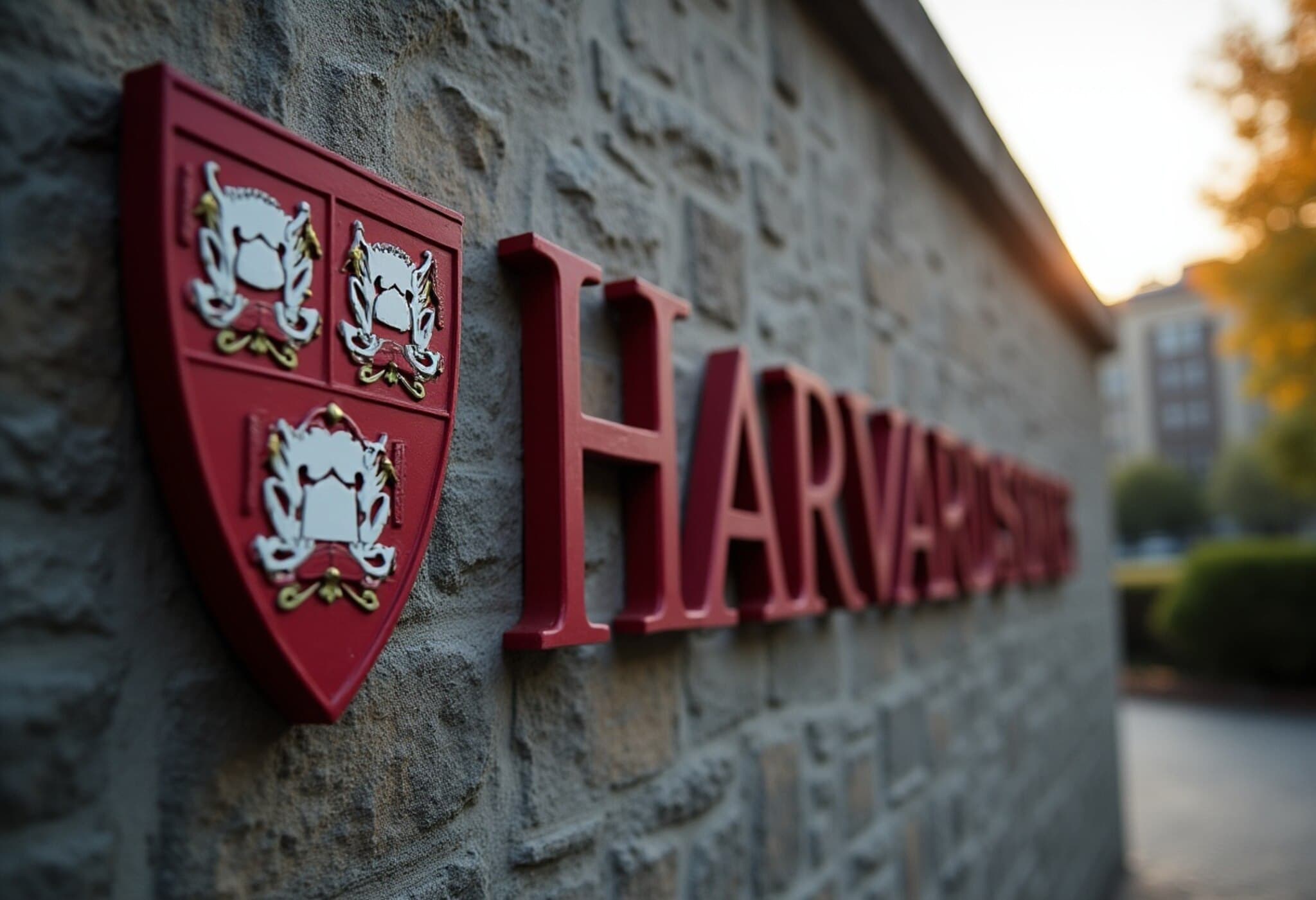UK’s Top Universities Decline in Global Rankings
Recent global assessments have revealed a notable drop for some of the United Kingdom's most prestigious universities. Renowned institutions such as Oxford and Cambridge slipped one spot to fourth and sixth place respectively in the latest QS World University Rankings. More broadly, 54 out of 90 British universities experienced a decline, including key players like the University of Edinburgh, which fell seven places to 34th, and the London School of Economics, down six spots to 56th.
What the Rankings Measure
The QS rankings analyze over 1,500 universities worldwide across more than 100 locations. Their criteria encompass multiple dimensions: research output, teaching quality, employability of graduates, global engagement, and sustainability. While the rankings show some institutions holding steady — London-based Imperial College, Oxford, Cambridge, and University College London remain in the top 10 — the overall downward trend among UK universities is hard to ignore.
Facing Fierce Global Competition
Experts point to mounting challenges such as increased competition from Asia-Pacific universities, shrinking research budgets, and issues improving aspects like faculty-student ratios and internationalization. Educational leaders note that institutions in China, Singapore, and Australia are aggressively boosting investments in research, fostering global partnerships, and recruiting top faculty. Meanwhile, the UK has struggled to keep pace.
"To maintain its competitive edge, the UK must prioritize sustained investment in research and development, enhance graduate outcomes, and reinforce global engagement," a university head emphasized.
Impact on International Student Appeal
The drop in rankings coincides with a slowdown in foreign student enrollments, stirring concerns about the UK's attractiveness as an education hub. Rising taxes and fees imposed on international students only compound the problem, especially as countries like China and India encourage students to pursue education domestically.
“The combination of tougher financial barriers and shifting attitudes towards overseas study is detrimental to the health of the UK’s academic ecosystem,” noted a venture capital leader focusing on innovation.
Europe’s Innovation Landscape at a Crossroads
The slide of UK universities also echoes through Europe’s broader technology and startup sectors, historically overshadowed by rapid advancements in the United States and China. While the UK often ranks as Europe's innovation leader, the global context paints a more sobering picture.
For instance, China’s integration of artificial intelligence into primary education and the U.S.'s multibillion-dollar initiatives in AI infrastructure highlight the intensity of global innovation battles. Even the Middle East is investing heavily, as seen with Abu Dhabi’s AI-focused investment firm.
Brain Drain and Market Limitations
Successful UK-founded tech companies often relocate headquarters or sell to U.S. firms, driven by more favorable growth valuations and market opportunities overseas. Cambridge-originated startups like DeepMind and Darktrace have been acquired by American entities, underscoring this trend. High-value firms like Revolut face similar strategic decisions about where to list publicly, often favoring U.S. markets for greater exposure and support.
“To retain and nurture these companies, the UK needs a fresh, more supportive environment that competes globally, not just within Europe,” the innovation expert remarked.



















